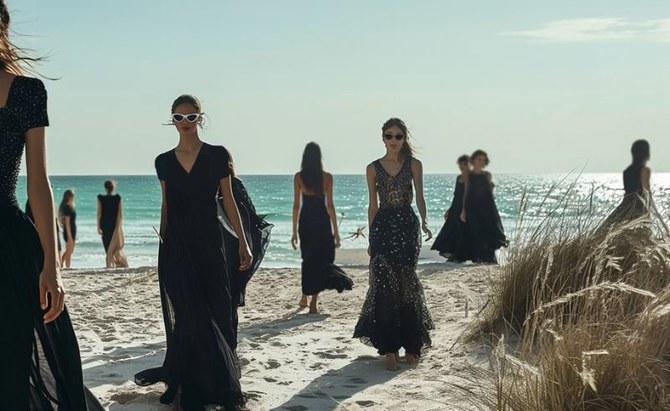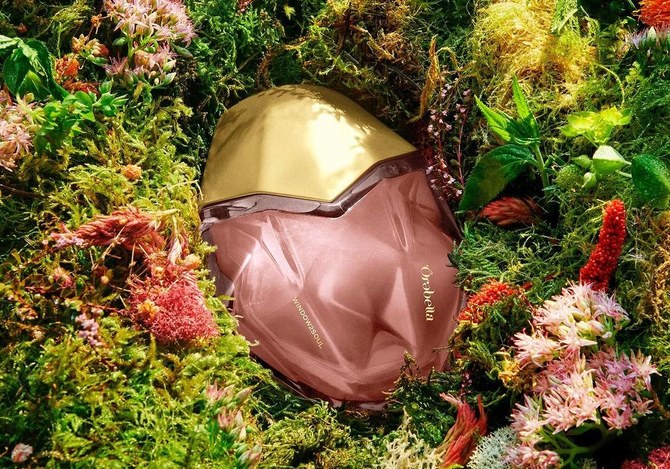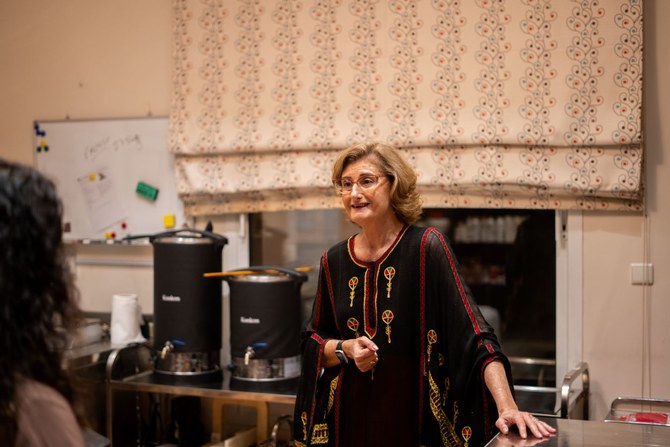KARACHI: As Pakistan’s first Global Cuisine Show concluded on Saturday, the organizers revealed its purpose was to enhance the country’s exports and introduce international chefs to the potential and quality of locally sourced food ingredients.
The cuisine show was a part of the Trade Development Authority of Pakistan’s inaugural International Food and Agricultural Exhibition, bringing together culinary experts from around the world to tantalize the taste buds of international guests visiting the country.
Chefs from 11 different countries, including France, Italy, the United Arab Emirates, Azerbaijan, Indonesia, and South Korea, created recipes using Pakistani ingredients. The prominent stalls at the cuisine show featured a diverse range of products such as mangoes, honey, dates, and rice, alongside local food stalls.
“It’s the first ever global cuisine show happening in Pakistan,” Hasan Daudpota, CEO of Keys Productions that organized the show, told Arab News on the sidelines of the event. “The purpose was to increase the exports of Pakistan to benefit our economy.”
“The 700 buyers who have come from all over the world for the [food and agriculture] exhibition, we decided to make them taste their own dishes that were made by using Pakistani ingredients,” he continued. “The idea was to let them know of the potential and quality of our [homegrown] ingredients. How tasteful and nutritious our fruits and vegetable are.”
Korean chef Minho Shin made his country’s famous street food, Tteokbokki, made of rice and fishcake, using Pakistani ingredients.
“We make yeast sweet and spicy,” Shin told Arab News. “For the sweet yeast, I did not use sugar. I used Pakistani dates. I made the sauce with a bowl of dates. And then I chopped the dates for garnish.”
“Another [dish] is kimchi, which is also a famous Korean cuisine which I made with Pakistani mangoes. [I] mixed it with Pakistani cabbage and other ingredients but mainly the mango taste is good and nice. It fits the Korean dish.”
Shin said everyone who tasted the dishes at the event was happy with the recipes.
“I was just showing them, ‘your mango can be like this,’” he said, adding he could use Pakistani mangoes and dates back in his country as well.
French chef Valentin Mechin, who works at Verde Dubai restaurant, said he was “very happy” with local mangoes in Pakistan which he used to make a scallop dish at the show.
“Seriously and honestly, I am very happy,” he told Arab News. “I think we don’t find that outside. I tried the mango more than other [chefs]. It’s very amazing. The flavor, it’s so sweet. The color, it’s perfect. It’s so difficult to find that in Dubai. But here, it’s so easy.”
Chef Sylvia Rozeboom, who co-hosted the global cuisine show with Pakistan’s Faizan Haque, said people were “surprised” by the taste and quality of Pakistani ingredients.
“I have only heard good things about the locally produced [ingredients in Pakistan],” she said. “All of us are really surprised. This is actually a very good show to do every year and we should invite more people to come over to Pakistan to learn.”
Responding to a question about what was unique about Pakistani ingredients, Rozeboom said: “The freshness is, obviously, number one. Secondly, the sea food is really good. We didn’t know. And the meat, it is different. The flavor also very nice. I really like it.”
The Global Cuisine Show will be turned into an annual event in Pakistan, according to the organizers.
“The next target is to take it internationally as well,” Daudpota said. “International forums such as GulFood, SIAL Food, and others wish to take Global Cuisine Show to the Pakistani pavilions there.”

























